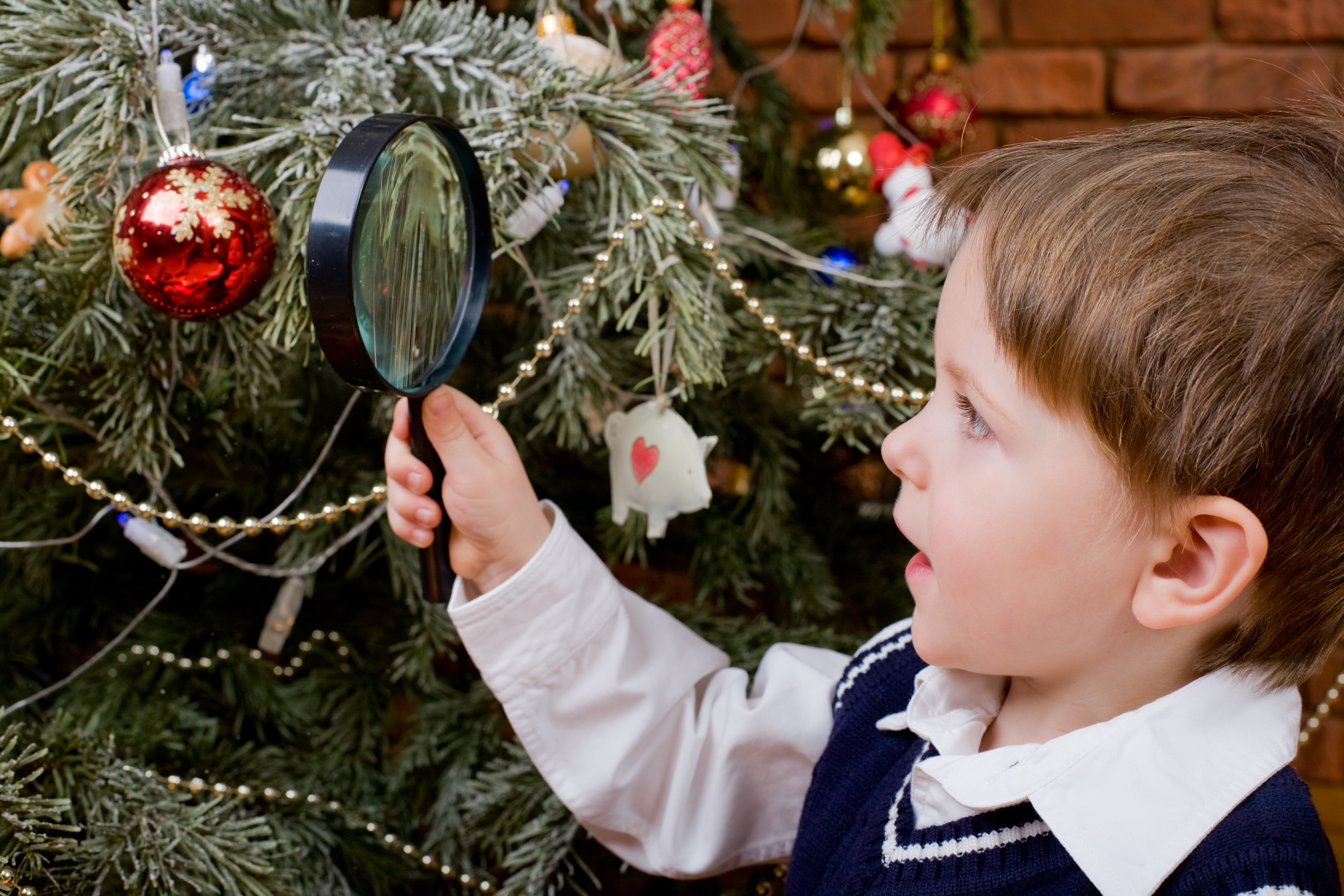While Christmas can be a time of great excitement, it is important to remember that this time of year adds additional challenges to young people and families with SEND.

Young people on the autistic spectrum can find the last few days of the Christmas term very challenging – changes in routines, sensory overloads, not to mention the exhaustion felt by all!
It can be a time of plays, pantomimes, performances, parties, films and trips, making it difficult to keep pupils focused. As no one wants to be Scrooge, this time of year needs careful planning to make it enjoyable for everyone.
Make sure parents/carers and young people know about the differences – possibly using a visual support like you might use for times of transition – to ensure things are clear prior to the differences occurring.
Ensure that there is sufficient down time and individual sessions in order to re-charge at this even more challenging time of year. Everyone is tired and it is important that regular a-social time or routine activities are still scheduled to support individuals – don’t assume that activities planned are enjoyable for all as watching a film/pantomime can be very distressing for some young people.
Consider sensory needs carefully; there are a lot of noises and smells that are associated with end of term activities that can be very difficult to cope with – look at the sensory checklist for ideas.
Consider how you can support the different activities and sessions by planning carefully and discussing how things are different.
Autism Social Stories has published loads of ideas of how to involve children and young people with ASC in Christmas activities. It is also a useful time to remind staff about the positives and revisiting our illustrated guide to ensure key factors are high on the agendas of staff.